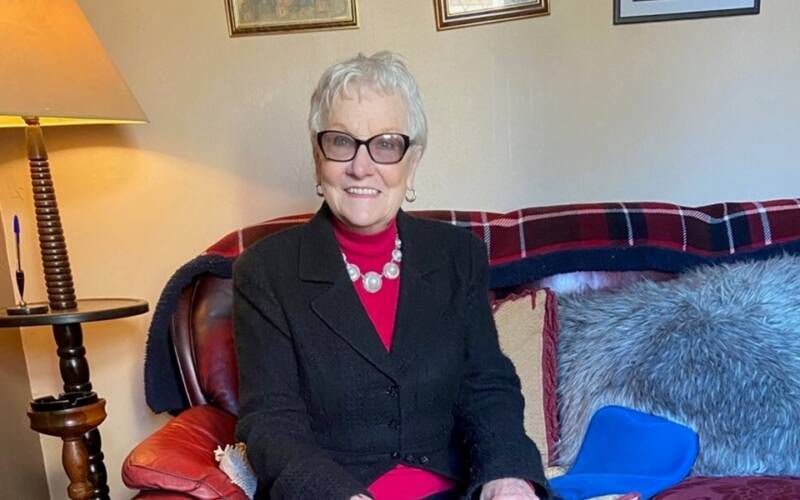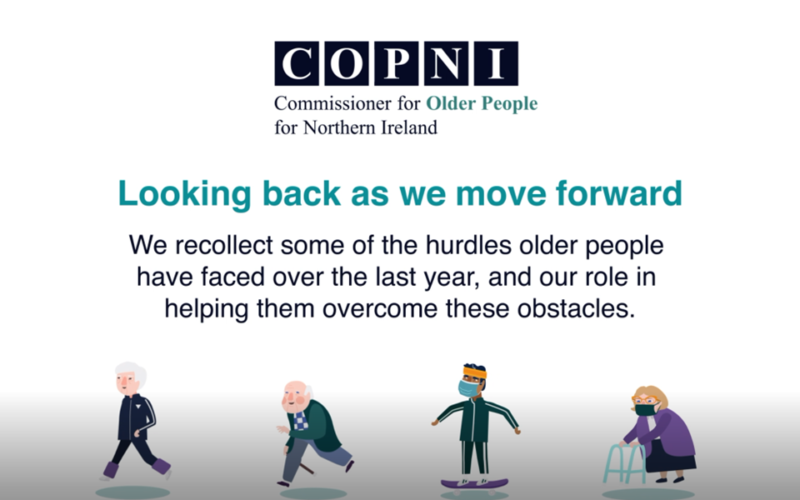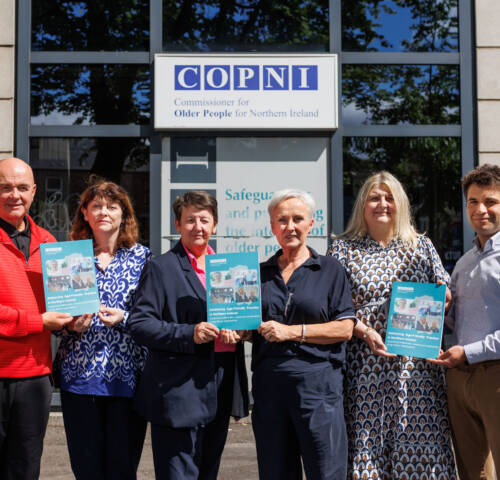The media are reporting that governments across the world are developing ethical guidelines and decision tools to help their doctors to prioritise patients for hospital admission and treatment (1). This difficult work is designed to ensure that the incredibly tough decisions about who gets what treatment at this time of crisis are made as fairly and effectively as possible by their doctors, who if these guidelines and decision tools are needed will be working in very stressful and challenging situations.
As organisations and individuals dedicated to supporting older people and protecting their rights we are joining together to say that if and when our own governments across the UK do similar work it is vital that they all continue to uphold fundamental human rights principles.
Any suggestion that treatment decisions can be blanket ones, based on age alone or with a person’s age given undue weight as against other factors, such as their usual state of health and capacity to benefit from treatment, would be completely unacceptable. For many years we have known that chronological age is a very poor proxy for an individual’s health status and resilience – something we all see among the older people in our lives. To ignore this and to revert to an approach based solely or mainly on age would be, by definition, ageist, discriminatory and morally wrong.
We strongly believe that decisions about treatment should always be made on a case by case basis through honest discussion between doctors, patients and their families that factor in the risks, benefits, and people's wishes. There is no reason to abandon this long-established good practice now; in fact the current health emergency makes it more critical than ever that we keep it.
In addition, the fact that someone is in need of care and support, in a care home or their own home, should not be used as a proxy for their health status, nor blanket policies applied - for example, over whether they should be admitted to hospital. To make such decisions without considering either an older person’s needs or their capacity to benefit from hospital treatment would be discriminatory and unfair."
(1) See for example, https://www.dailymail.co.uk/news/article-8162357/US-coronavirus-New-York-hospitals-guidance-use-LOTTERIES-ventilators-shortage.html
Eddie Lynch, Commissioner for Older People for Northern Ireland
Caroline Abrahams, Charity Director Age UK
Deborah Alsina, Chief Executive Independent Age
Jane Ashcroft, Chief Executive Anchor Hanover
Helena Herklots, Commissioner for Older People in Wales
Victoria Lloyd, Chief Executive Age Cymru
Donald Macaskill, Chief Executive Care Scotland
Linda Robinson, Chief Executive Age Northern Ireland
Brian Sloan, Chief Executive Age Scotland




